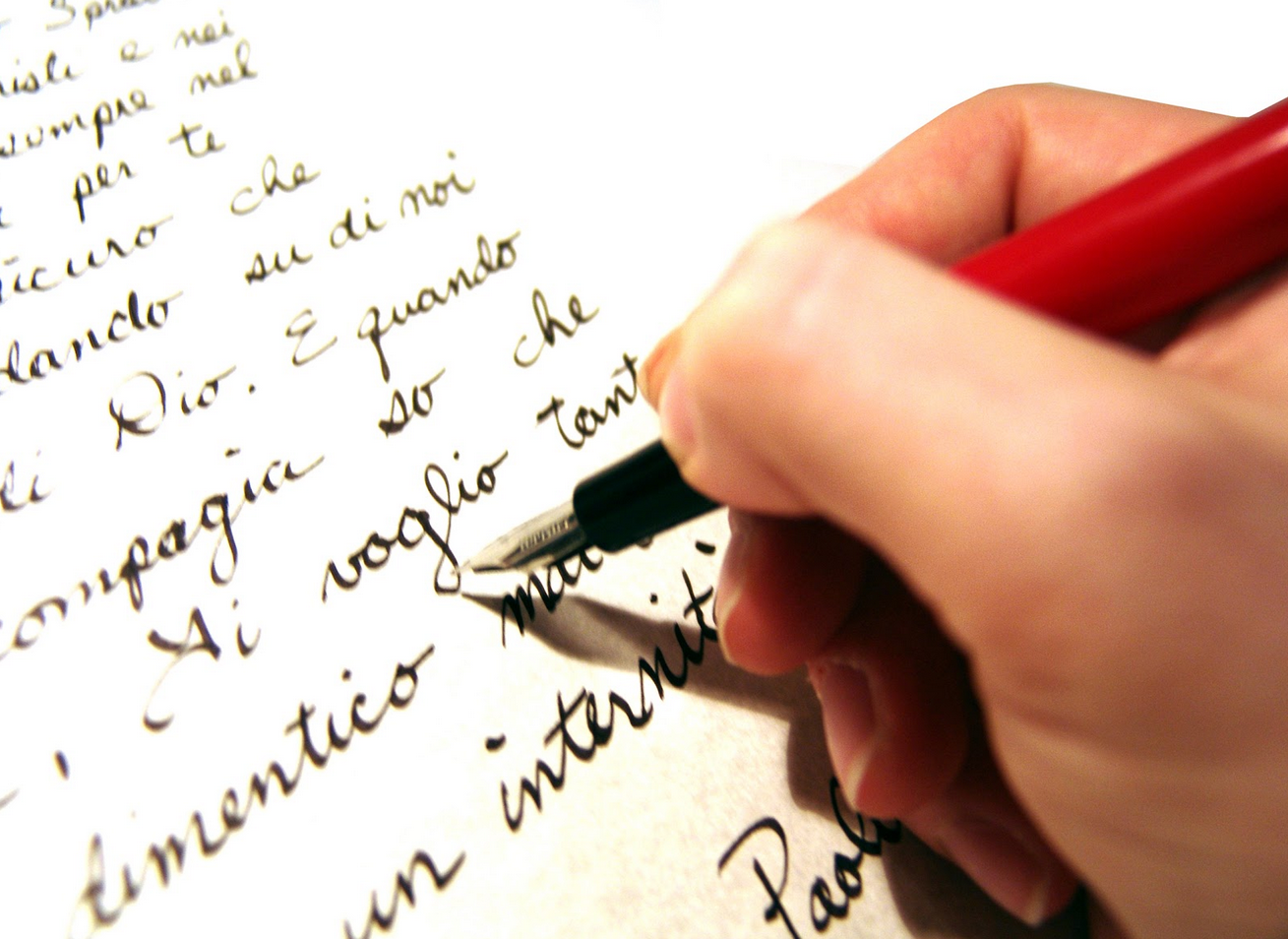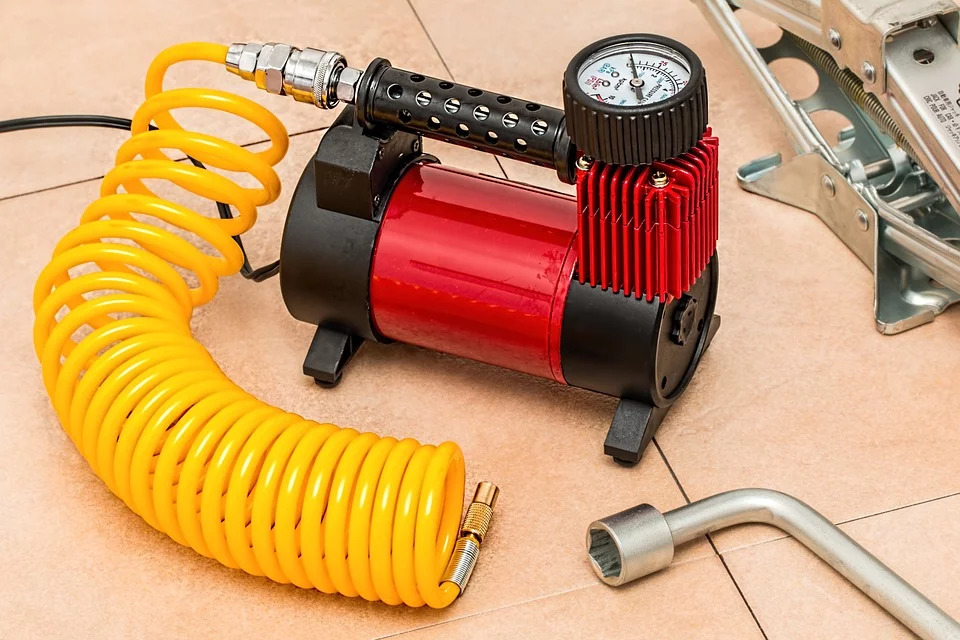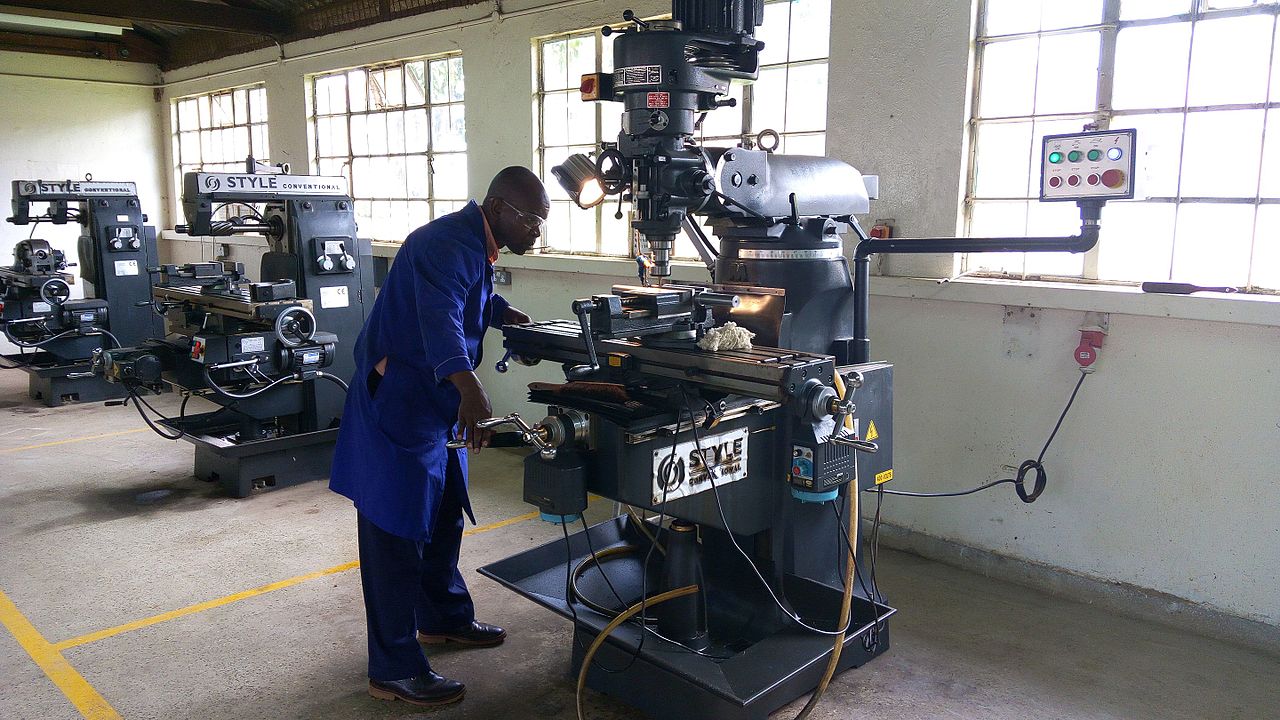
Trying to get your inheritance money might just be one of the most morally complicated affairs in life. On the one hand, you’re grieving over the death of a loved one, and you’re trying to give yourself enough time to mourn them. On the other hand, the legal procedures of acquiring the inheritance are complicated and long –– might take years in some cases. This is why people tend to start early with the paperwork, because you never really know when it’s going to work out in the court. The process is called probate, and it’s when a court settles the inheritance of a deceased and distributes their assets. But how exactly does that work?
Filing a petition
Probate process usually begins when the heirs file a petition to the court to accept the will and start working on the procedures, appointing an executor and going along on the usual steps. It can also be done so that the court would appoint an executor if there is none or generally select an administrator of the estate. After that, the court gives notice about the hearing regarding the inheritance to all heirs, as well as local newspapers in case the deceased owed money. And if anyone wants to dispute the will, they can do that in court –– one of the main reasons why probate takes a long time in some cases.
Claims period
All creditors of the estate are then given personal notice so that anyone who would like to claim assets or money would come forward and do so. This is usually within a limited period of time, and while that happens, an inventory of all the deceased’s assets is done. This process also takes time, and the problem many heirs face is they might not have much time. When you’re in debt or have due payments, you want to get probate done as soon as possible, but that’s out of your hands, unfortunately. This is why many resort to getting estate cash advances, which is basically a portion of the money you’re going to inherit that you can pay back once the inheritance is released by the court. The great thing about this option is the fact that it does not take much time, so if you’re in a hurry to get cash it’ll definitely help. Also, you don’t have to pay the money back till the legal process is completed and you’ve got your inheritance.

Settling the deceased’s debt and taxes
The personal representative is then responsible for determining who the legitimate creditors are, and paying them. The representative also handles any remaining bills for the estate as well as taxes or any other financial obligations the deceased had.
The will is settled and inheritance is paid
After due process, and waiting for any creditors to file claims against the estate, all approved ones are paid. The assets are transferred to the beneficiaries and they all receive their shares of the inheritance.
Start early
As mentioned earlier, the process can take a lot of time. And the more people file claims against the estate, the longer it could take. So it’s always best to start early to get things done as soon as possible. You should also remember that you have other options like estate cash advances or estate loans in case you urgently need the money and can’t wait for the probate to be over with.









